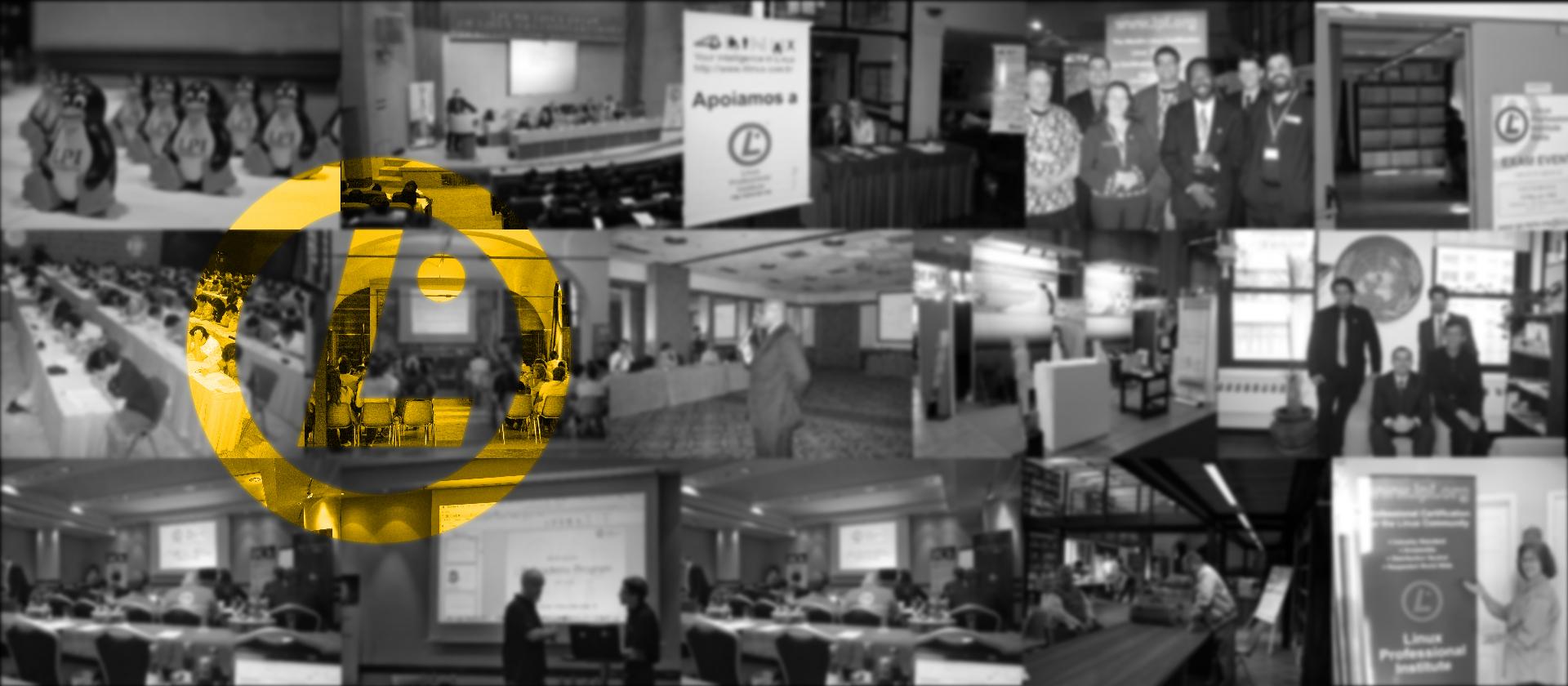
Breve historia del Instituto Profesional de Linux (LPI)
En 1998, Apple lanzó el iMac y Microsoft lanzó Windows98. Unix seguía siendo una fuerza en los ordenadores de servidor, pero Microsoft Windows NT prometía grandes incursiones en el espacio de los servidores. Linux se estaba convirtiendo rápidamente en un fenómeno creciente con millones de usuarios en todo el mundo. Empresas emergentes, como Red Hat y SUSE, atraían la atención de los usuarios corporativos con sus paquetes comerciales y su apoyo a Linux, pero los analistas y los periodistas especializados en TI sostenían que Linux nunca pasaría de ser un nicho sin un aumento espectacular del apoyo profesional.
Ese año, dos esfuerzos comunitarios distintos estaban cobrando impulso para tratar de resolver una de las profundas lagunas que se percibían en el soporte de Linux. Si una empresa opta por implantar Linux, ¿cómo podrá un responsable informático encontrar personal cualificado para instalarlo, mantenerlo y prestarle asistencia?
En su momento, hubo un gran número de programas de certificación para los sistemas de Microsoft Windows y proporcionaron un mecanismo para que las empresas trataran de entender la experiencia de alguien con Windows. ¿Podría haber algún tipo de programa de certificación similar para Linux? Red Hat comenzó a desarrollar su propia certificación para su distribución de Linux. Varios otros vendedores de distribuciones empezaron a mencionar la creación de sus propias certificaciones. Algunas personas dentro de la comunidad Linux comenzaron a preocuparse de que pudiéramos terminar con múltiples certificaciones Linux más pequeñas que no ayudarían a avanzar en el despliegue de Linux tanto como lo haría una certificación común.
En octubre de 1998, Dan York publicó en la Gaceta Linux un artículo en el que pedía un programa de certificación de Linux para la comunidad, lo que dio lugar a un activo grupo de discusión de la comunidad. Dan continuaría escribiendo una serie de artículos, y uno de los resultados fue que Linuxcare, una empresa que ofrecía soporte para Linux, se puso en contacto con Dan y lo contrató específicamente para construir el programa de certificación LPI.
Mientras tanto, un debate separado dirigido por Evan Leibovitch en el Canadian Linux Users Exchange promovía una iniciativa similar. Jon «maddog» Hall, presidente de Linux International, que conocía tanto a Evan como a Dan, los presentó, y fusionaron sus esfuerzos en un solo proyecto para crear un programa de certificación de Linux basado en la comunidad. El objetivo acordado era tomar un camino diferente al de la mayoría de las certificaciones de TI de la época, al ser:
- Sin fines de lucro
- Neutral con respecto a los proveedores, sistemas operativos de código abierto y las distribuciones de software
- Opuesto a utilizar la certificación como una herramienta para vender «formación oficial»
- Validado psicométricamente
- Multilingüe y accesible a nivel mundial
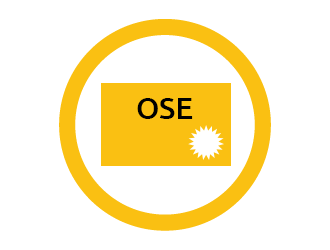
2024
Release of Open Source Essentials

2023
Release of Security Essentials
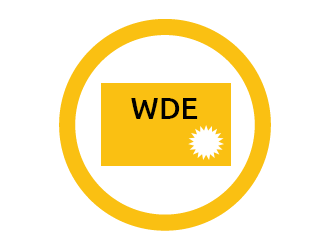
2022
Release of Web Development Essentials
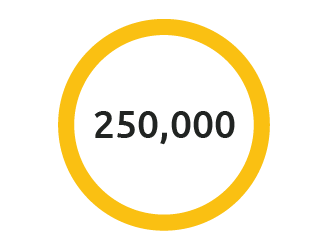
2021
250,000 certifications delivered
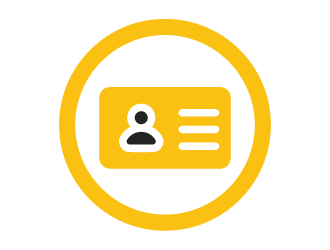
2020
Membership program launched
Made online exams available

2019
Launched learning.lpi.org to provide free Learning Materials and a list of all known study resources
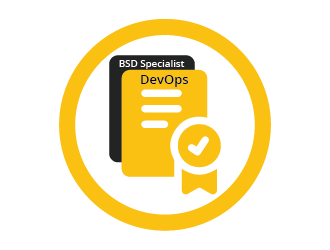
2018
First cert holder for Linux Professional Institute DevOps Tools Engineer, also added BSD Specialist
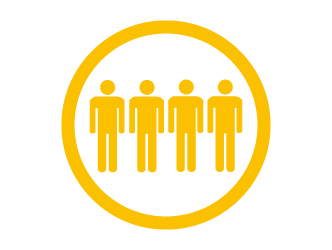
2017
Bylaw change to include membership
First DEVOPS TOOLS ENGINEER certification holder
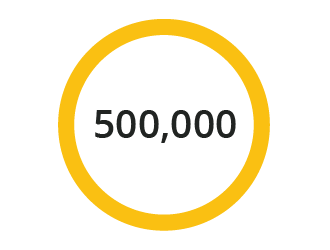
2014
500.000 registrations

2012
First LINUX ESSENTIALS certification holder
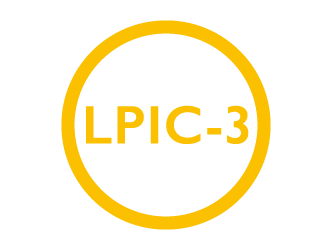
2010
First LPIC-3 Mixed Environment certification holder
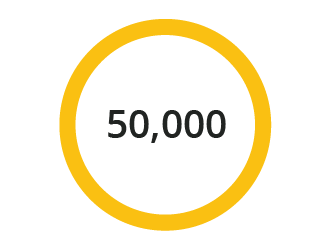
2009
Cert #50.000 delivered

2008
First LPIC-3 Security certfication holder
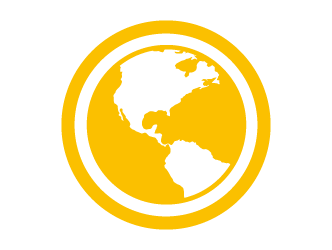
2004
UN Visit, keynotes and sponsoring of first ever open source in Africa conference

2003
Invitation to present as open source expert by ITU
500 people exam lab in Hong Kong and World Summit on Information Society (WSIS)
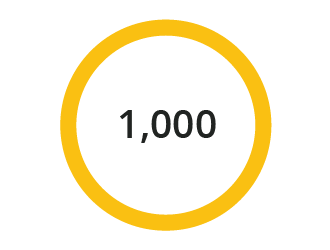
2002
Cert #1.000 delivered
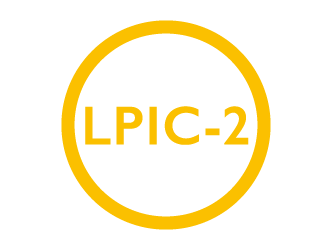
2001
First LPIC-2 certification holder
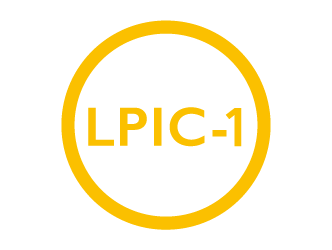
2000
First LPIC-1 certification holder
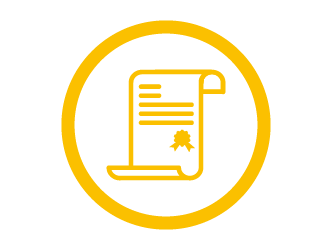
1999
LPI first incorporated and signed with Pearson VUE
Advisory Council and German Affiliate are created. LPI logo contest. Initial sponsors sign on
First mission statement, Initiation Job Task Analysis for LPIC attracts 1400 participants
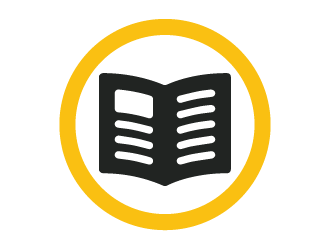
1998
Separate certification efforts merge into a single one
Dan York writes „Creating a Linux Certification and Training Program“ for Linux Gazette
By the spring of 1999, the certification effort caught the attention of Benoy Tamang at Caldera, a Linux distributor, who was considering launching their own independent certification program. Benoy paid for Dan and Evan to meet with the company and make a pitch for funding. The day before the pitch — April 4, 1999 — they ducked into the single meeting room of the La Quinta Inn in Orem, Utah where the three-tier program now known as Linux Professional Institute Certification was created. (While other LPI programs have since been added, the “LPIC” track remains functionally identical to the 1999 design.) Caldera liked what they saw the next day and decided not to pursue their own certification program and instead became LPI’s first corporate sponsor. Soon other sponsors, including IBM and SUSE, came on board.
With a structure and preliminary funding in place, a team needed to be formed. Dan and Evan were joined by community members Charles «Scudder» Mead and Tom Peters. Rounding out the initial team was Scott Murray, a psychometrician who would ensure that the effort’s exams could be scientifically validated and uphold a high standard of quality from the very start. These five were the original incorporators of LPI. The non-profit was officially incorporated in the province of New Brunswick, Canada, because Canada was considered to be politically neutral and because New Brunswick was one of the few jurisdictions that allowed virtual board meetings in 1999.
Many in the Linux community liked what the nascent LPI was proposing. As an example, Jon “maddog” Hall became the first Platinum Individual Charter Sponsor by contributing 1000 USD of his own money so LPI could deliver its first 200 tests.
During this time the entirely volunteer LPI team expanded to include people working on many different aspects of the program. The team performed an extensive “job-task analysis” to ensure the exams covered the appropriate topics. Volunteers developed questions and ran them through beta-testing programs. Another group worked with VUE (later part of Pearson) to work out how to deliver the exams electronically through VUE’s network of testing centers. Over volunteers worked on marketing and promotion, while others continued to solicit donations and ensure the operations of the organization evolved. All of this happening through email lists and occasional conference calls.
After the first Level 1 exams were delivered in 2000, followed by Level 2 in 2001, LPI started gaining international acceptance and community support. Like-minded groups quickly helped create local presences around the world, first in Japan then in Germany and Brazil.
Realizing that testing centers were not available in all parts of the world, and wanting to make LPI certifications as accessible as possible, the LPI team also developed a mechanism for delivering the exams on paper in a proctored setting. In October of 2002, Jon “maddog” Hall cooperated with 4Linux, an early supporter of LPI in Brazil, to deliver 101 paper exams in Sao Paulo while on a trip to Latin America.
In November 2003, LPI hosted more than 500 people at its exam lab at LinuxWorld Hong Kong, the largest of many such events. LPI has since certified people in more than 190 countries and territories and delivered exams in nine languages. Later in 2003, LPI participated in the first-ever United Nations World Summit on the Information Society with a delegation of 23 people, promoting open source and distributing thousands of Linux CDs to diplomats and NGOs. A partnership with L’Agence Universitaire de la Francophonie (AUF) brought low-cost open source certification to some of the world’s least developed economies. More recently we have launched new employment programs, are participating in Software Freedom Day worldwide, continue to participate in open source conferences everywhere, and have supported our partners in local advocacy efforts.
Level 3 followed in 2007. LPI launched the introductory Linux Essentials program in 2012 and DevOps certification in 2017. We began work with the BSD Certification Group in 2017, leading to the 2019 launch of the BSD Specialist program.
Over time, the LPI network of partners has expanded in both numbers and geographic reach, now numbering more than 700 partners in more than 190 countries and territories. In 2015 Network Development Group (NDG) released the first in a series of courses bringing LPI-focused education to the thousands of institutions and millions of students in the Cisco Networking Academy.
For its 20th anniversary in 2019, the LPI Board introduced membership, as part of a substantial change in the organization’s governance and direction. This change would enable LPI-certified individuals to become Members of LPI, elect its Board, and help shape its direction. Our first-ever Board election was held at its Annual General Meeting in June 2021. As part of governance changes, LPI also introduced a Code of Ethics and committed to promoting professional conduct and personal development within its community of certified open source practitioners.
In 2019, LPI introduced learning.lpi.org, a portal for learning materials that offered the first in a series of free study guides aimed to assist students and trainers alike.
As it passes through the COVID years, now offering at-home certification exams, LPI’s history continues to be written. New partnerships, certification programs, languages, accessibility initiatives, and free training materials are in the works.
LPI wants to thank everyone who has helped it grow from a couple of mailing lists into the world’s largest open source skills certification program. Special recognition is due to the companies Linuxcare and Starnix, for keeping Dan and Evan respectively on their payrolls while they worked on LPI during its early formation.